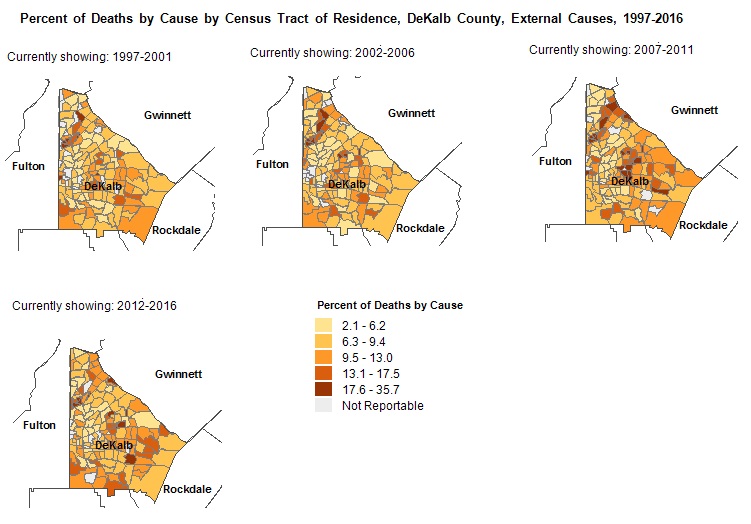|
Layman Term
|
ICD10 (ICD9) codes
|
International Classification of Diseases Term
|
Description
|
|
Sexually Transmitted Diseases
|
A50-A57,A70, A74 (077.9, 078,88, 079, 090 - 099.9)
|
Infectious and Parasitic Diseases
|
Infectious and parasitic diseases are generally recognized as communicable or
transmissible. For complete case definitions of reportable STDs, please see https://www.cdc.gov/std/statistics/2019/case-definitions.htm.
|
|
Chancroid
|
A57 (099.0)
|
Chancroid
|
Chancroid is caused by infection with the bacterium Haemophilus ducreyi. This
organism causes one or more ulcers and are associated with inguinal
lymphadenitis.
|
|
Chlamydia
|
A56, A70, A74 (077.9, 078,88, 079, 099.41, 099.5)
|
Chlamydiae
|
Chlamydia is a common sexually transmitted disease (STD) caused by the
bacterium, Chlamydia trachomatis, which can damage a woman's reproductive
organs. Even though symptoms of chlamydia are usually mild or absent, serious
complications that cause irreversible damage, including infertility, can occur
"silently" before a woman ever recognizes a problem. Chlamydia also can cause
discharge from the penis of an infected man.
|
|
Gonorrhea
|
A54 (098)
|
Gonoccoccal
|
Gonorrhea is a sexually transmitted disease (STD). Gonorrhea is caused by
Neisseria gonorrhoeae, a bacterium that can grow and multiply easily in the
warm, moist areas of the reproductive tract, including the cervix (opening to
the womb), uterus (womb), and fallopian tubes (egg canals) in women, and in the
urethra (urine canal) in women and men. The bacterium can also grow in the
mouth, throat, eyes, and anus.
|
|
Syphilis
|
A50 - A53 (090 - 097)
|
Syphilis
|
Syphilis is a sexually transmitted disease (STD) caused by the bacterium
Treponema Pallidum. It has often been called "the great imitator" because so
many of the signs and symptoms are indistinguishable from those of other
diseases. For complete case definitions for all syphilis stages, please see https://www.cdc.gov/std/statistics/2019/case-definitions.htm.
Please note that since 2014, Syphilis, Unknown Latency cases have no longer been counted as a separate syphilis stage, but have instead been included in OASIS with late stage cases in the Syphilis, Late Latency category. CDC and the Council of State and Territorial Epidemiologists (CSTE) use the term, "Syphilis, unknown duration or late" as a single category for the combined late and unknown stages.
|
|
LGV
|
A55 (099.1)
|
Lymphogranuloma Venereum
|
Lymphogranuloma Venereum (LGV) is a systemic, sexually transmitted disease (STD)
caused by a type of Chlamydia Trachomatis (serovars L1, L2, or L3) that rarely
occurs in the United States and other industrialized countries. However, recent
outbreaks of LGV proctitis have been reported among men who have sex with men
(MSM).
|


